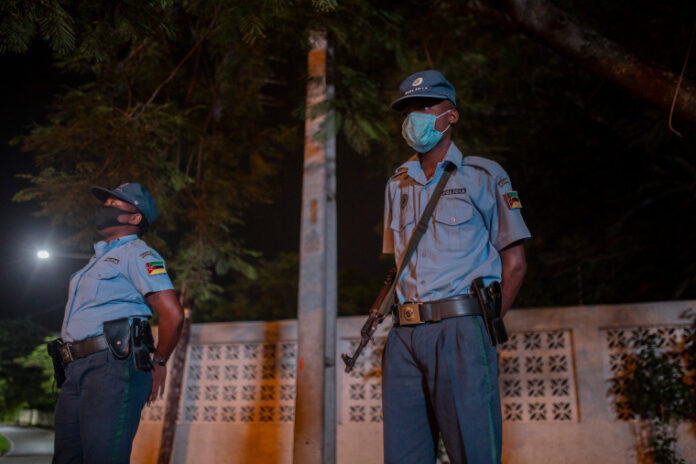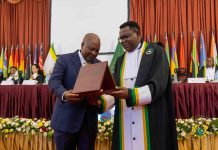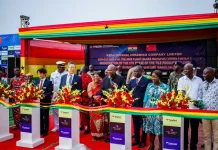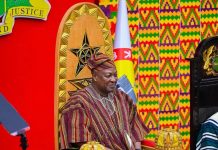
New York, February 16, 2021 — Mozambican authorities should reverse their decision to expel journalist Tom Bowker and allow him to work freely in the country, the Committee to Protect Journalists said today.
Mozambican immigration authorities today forced Bowker, a U.K. citizen and the co-founder and editor of the privately-owned Zitamar News website, to leave Mozambique, and banned him from reentering the country for 10 years, following a months-long dispute with the country’s information and immigration authorities who alleged Bowker did not possess the correct documentation to work in the country, according to media reports and a tweet the journalist posted today while leaving the country. In his tweet, he called the expulsion “politically motivated.” Zitamar News covers issues connected to the economy, politics, and human rights in the country, including the insurgency conflict in Cabo Delgado province.
“Mozambique’s expulsion and banning of journalist Tom Bowker sends a chilling message to the media community in the country,” said Angela Quintal, CPJ’s Africa program coordinator. “Journalists in Mozambique, especially those covering the conflict in Cabo Delgado, have been arrested, harassed, or have gone missing. Bowker’s expulsion is another example of the lengths the government will go to control reporting in Mozambique.”
In January, immigration authorities verbally told Bowker that he had to leave the country, but he did not receive any written directive to do so until February 2, according to an individual with knowledge of the case, who spoke to CPJ on the condition of anonymity because they were not authorized to speak publicly about it. That directive was then twice verbally postponed in the following days, that person said.
When CPJ called Emília Moiane, the director of the government-run Office of Information, which facilitates media registrations in the country, she said that the decision to expel Bowker did not come from her office, and referred CPJ to the immigration authority. CPJ called the Mozambique Interior Ministry, which oversees the country’s immigration services, but no one answered.
In April 2020, CPJ and 16 other civil society groups wrote to Mozambique’s President Filipe Jacinto Nyusi to express concern about the human rights situation in the country, including the enforced disappearance of radio journalist Ibraimo Abú Mbaruco. Mbaruco was last heard from earlier that month when he sent a text message to a colleague saying he was “surrounded by soldiers,” CPJ documented at the time.






































